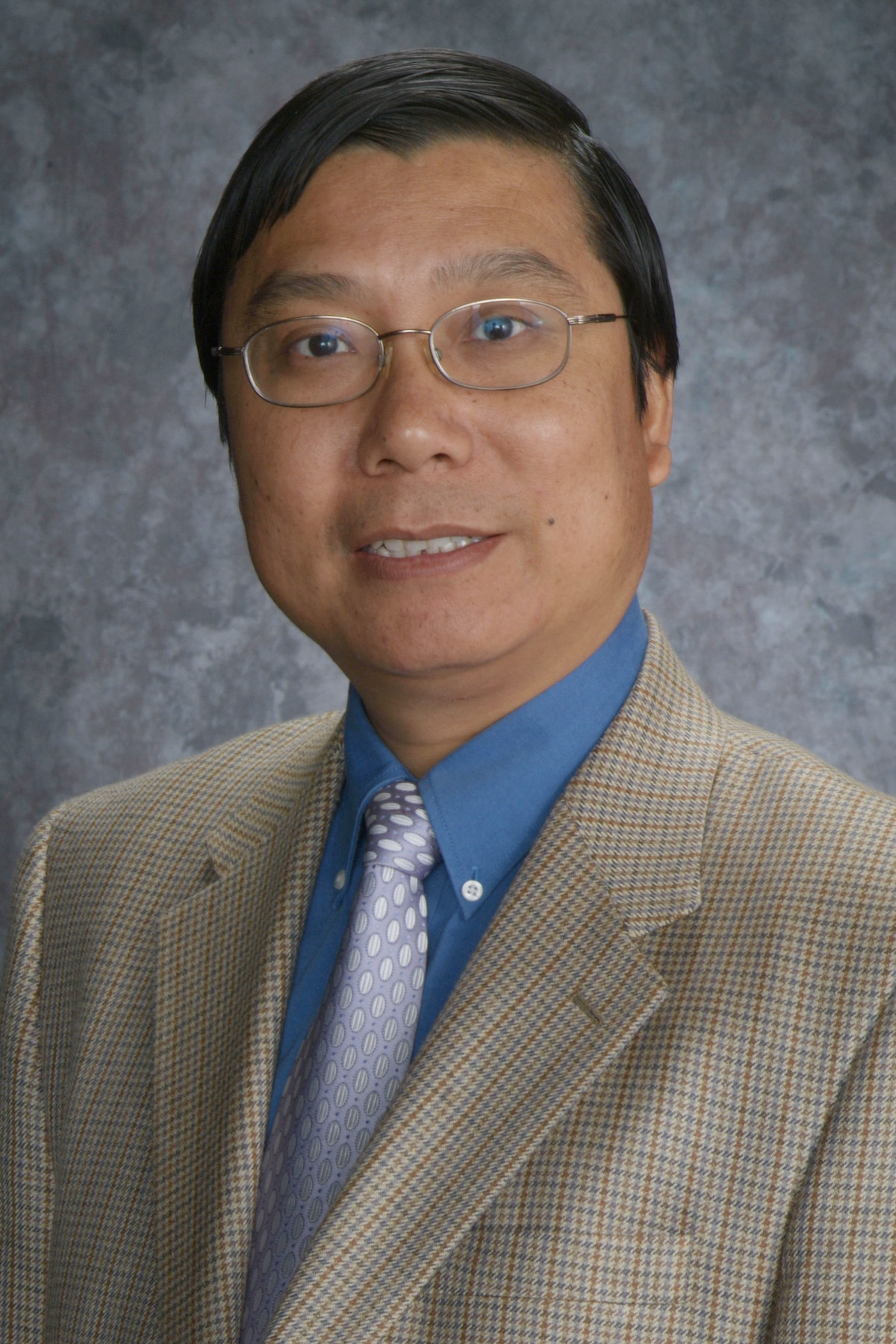FAYETTEVILLE, Ark. – Kaiming Ye, assistant professor of biomedical engineering at the University of Arkansas, has received a $244,000 grant from the National Science Foundation to develop a new technology that will generate glucose-responsive, insulin-producing cells from human embryonic stem cells. The research will lead to a new generation of cell-based therapies for treating diabetes.
"The outcome of these studies, made possible by this award, will ultimately advance stem-cell and tissue engineering,” Ye said. “Specifically, our technique will offer renewable cell sources for transplanting tissue that restores near physiological insulin-secretion capacity in people with both type-1 and type-2 diabetes.”
As Ye mentioned, stem-cell and tissue engineering hold great promise as an effective therapy for diabetes. However, before glucose-responsive, insulin-expressing cells can be regenerated and transplanted to diabetes patients, scientists must gain a better understanding of the origin of the human pancreas during embryonic development. The pancreas produces various proteins and enzymes that, among many functions, regulate blood-sugar levels.
Ye’s work will strengthen this understanding. Specifically, the research team will build three-dimensional cultures of pancreatic stem cells. Previous studies have been limited to two-dimensional cell cultures that fail to mimic three-dimensional environments of the human body.
“To the best of our knowledge, 3-D pancreatic differentiation of human embryonic stem cells has not been reported,” Ye said. “Most of our knowledge about the origin and embryonic development of the human pancreas is gained from studies of mice and cell differentiation in two-dimensional culture systems. However, a significant body of evidence suggests that 2-D cultures fail to imitate the in vivo environment where tissues are organized in a three-dimensional architecture. Thus, knowledge acquired from 2-D human embryonic cell differentiation does not correctly reflect what happens in the body.”
Ye’s research team conceived the idea of three-dimensional cultures based on their work on mouse embryonic stem cells in which they used a simple collagen scaffold to promote the maturation of insulin-secreting beta cells derived from the embryonic stem cells of mice. They observed a significant improvement of the maturity of beta cells differentiated from mouse embryonic stem cells. These experiments encouraged the researchers to think about the possibility of elevating the maturity of beta cells with human embryonic stem cells.
Specifically, the project will:
· Establish a three-dimensional collagen scaffolding of human embryonic stem cell cultures and determine the proliferation, differentiation and adhesion of cells within the cultures.
· Characterize the differentiation of human embryonic stem cells into mature pancreatic beta cells, which produce insulin, in three-dimensional cultures through profiling of gene expression.
· Construct fluorescent markers for tracing the differentiation of human embryonic stem cells into pancreatic beta cells in three-dimensional cultures.
· Demonstrate the generation of glucose-responsive, insulin-producing cells from human embryonic stem cells in three-dimensional cultures.
Initial studies will focus on in vitro experiments. Subsequent studies will test in vivo functions of pancreatic cells in diabetic animal models through tissue transplantation.
Contacts
,
